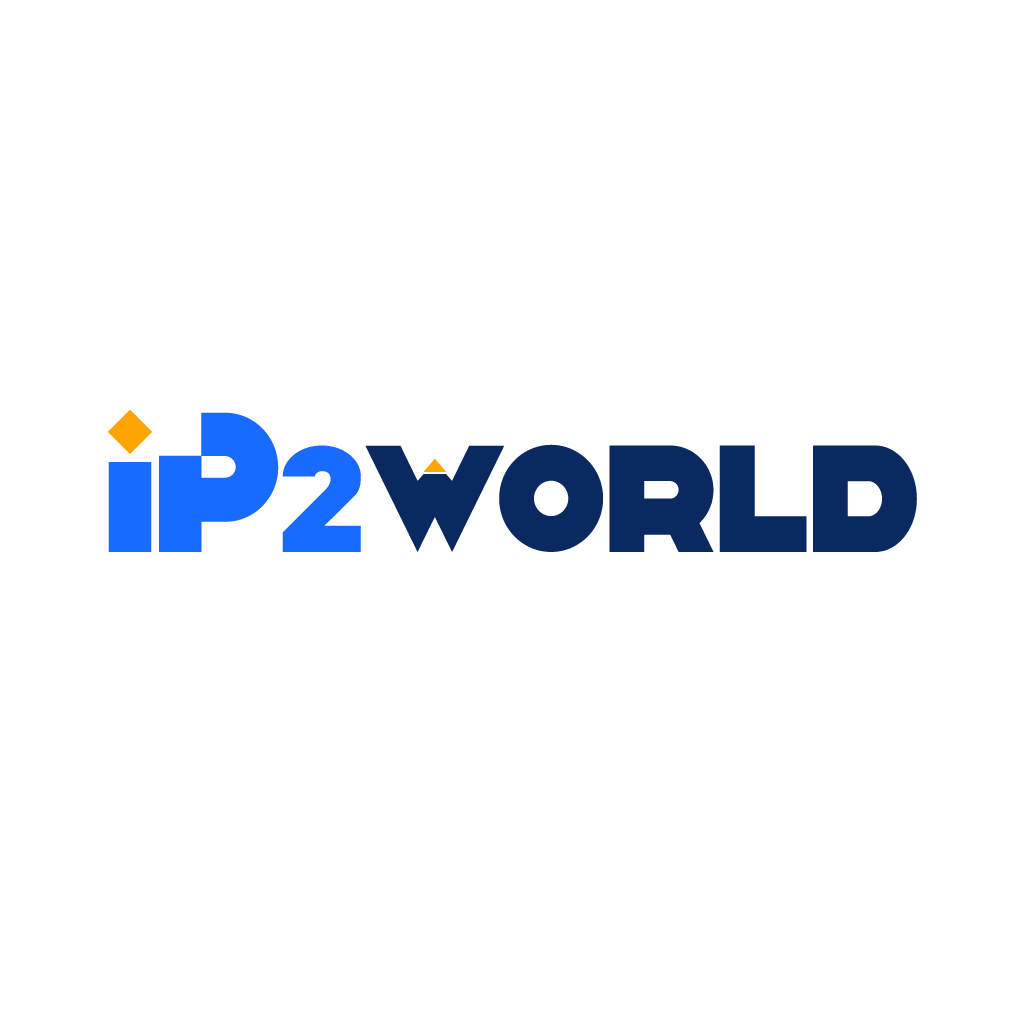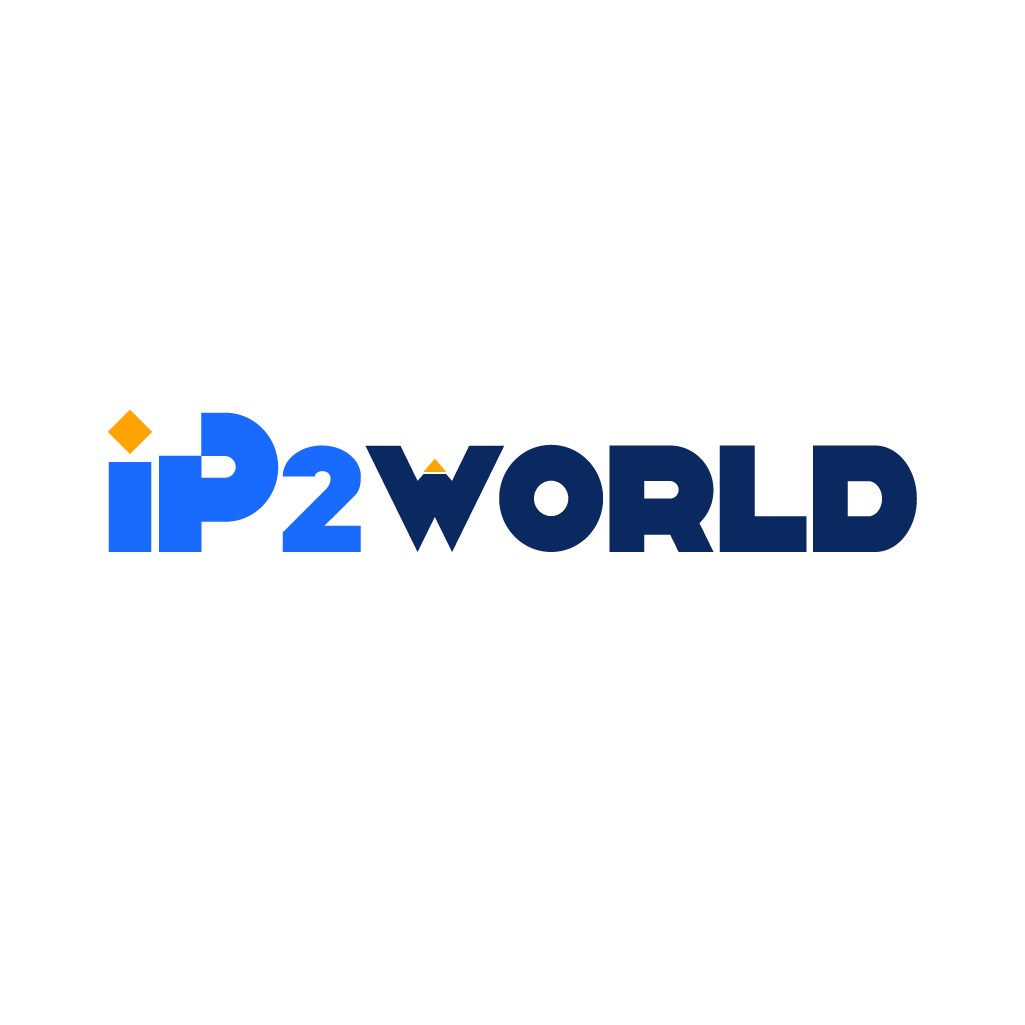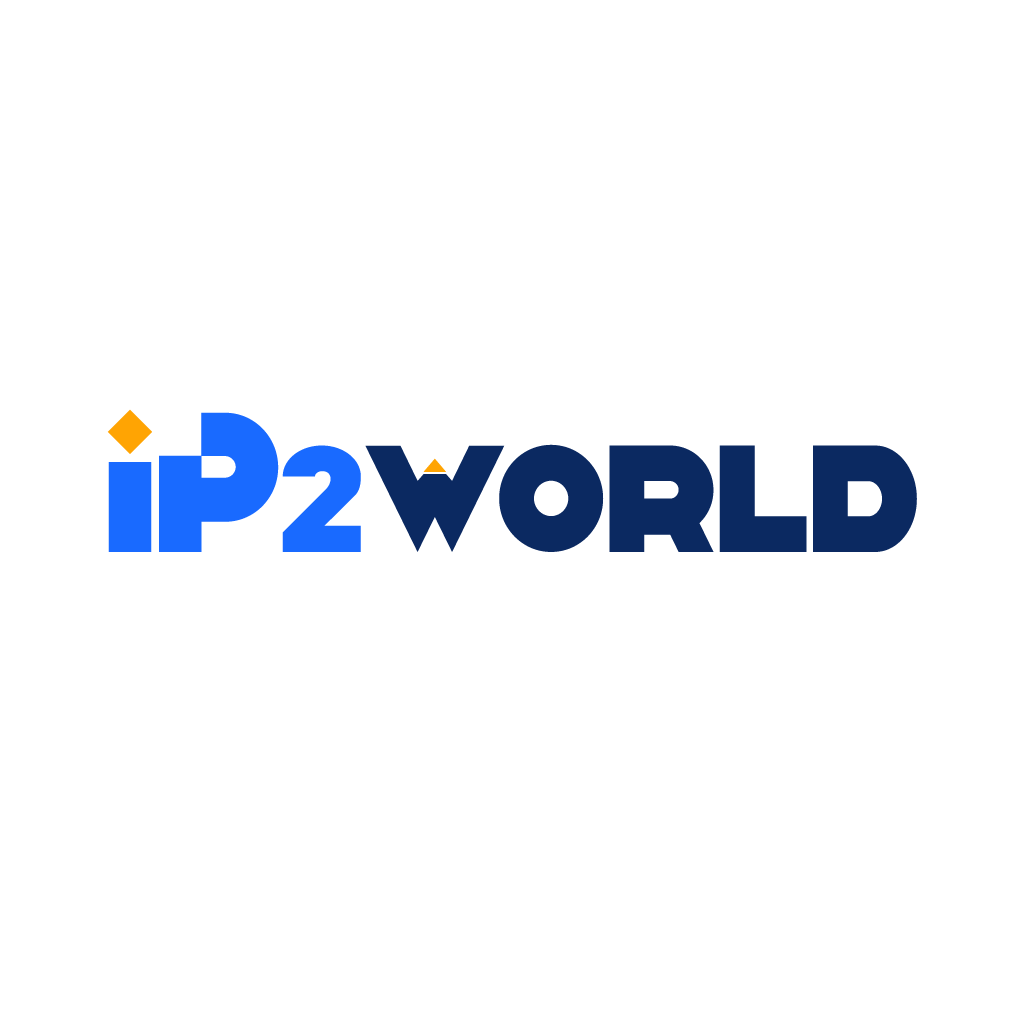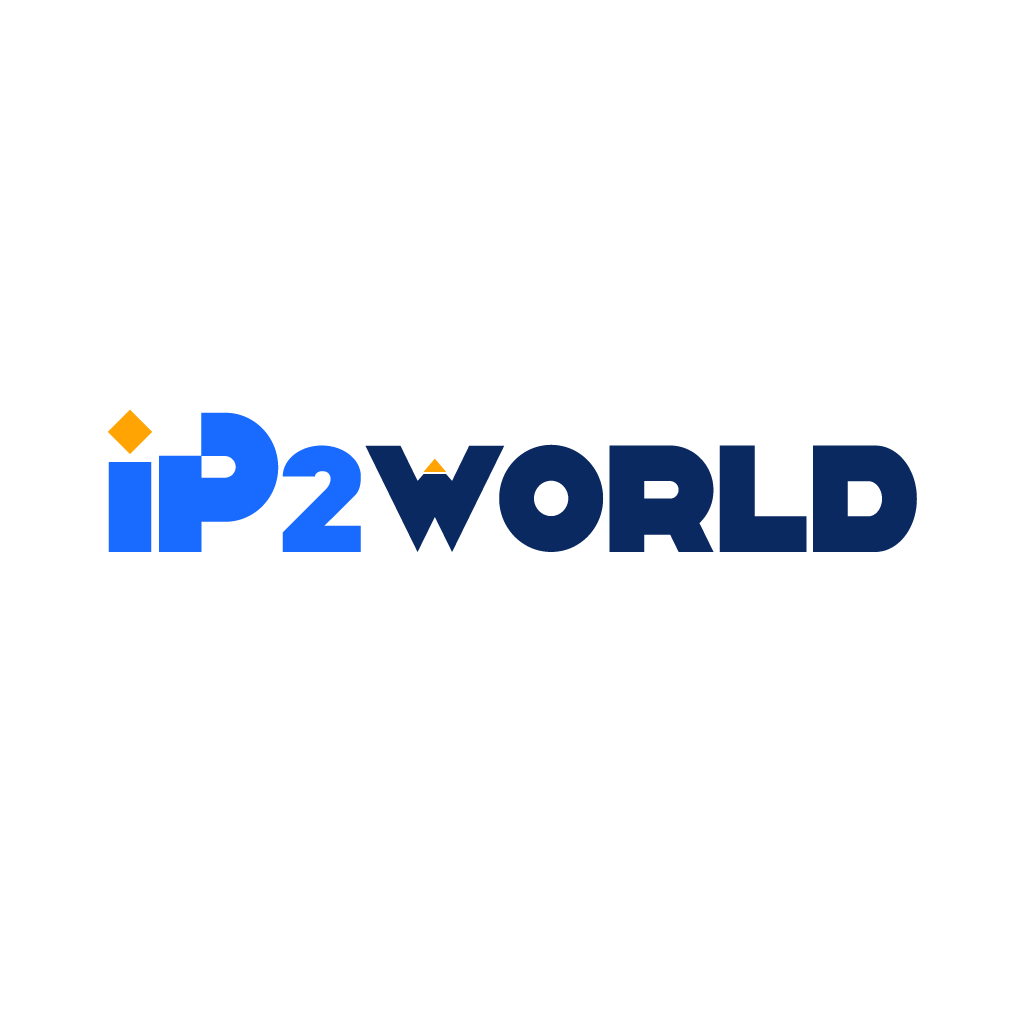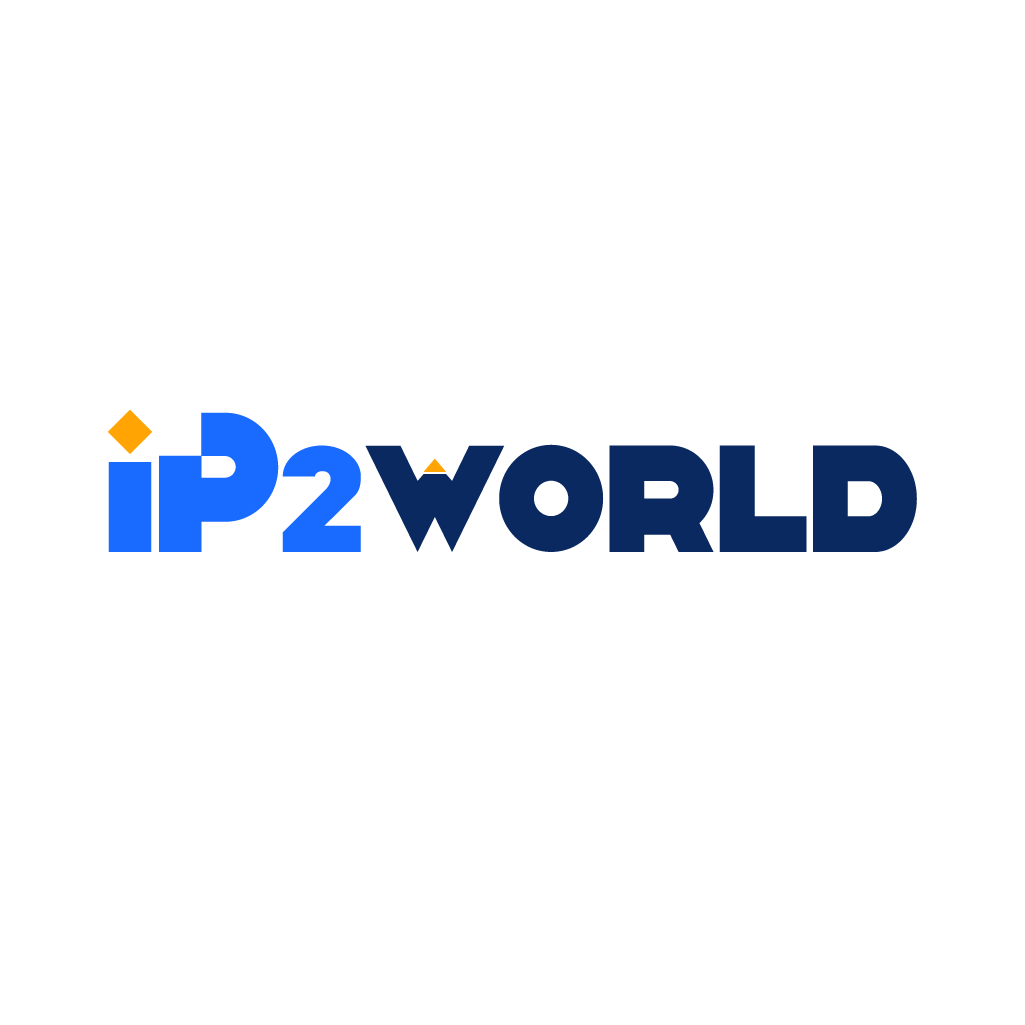I. Introduction to Web Data Extraction Web scraping has revolutionized the way businesses collect and leverage data from the internet. However, beneath the surface of this powerful tool lie several intricate challenges that can impede the process of extracting valuable information from websites. From anti-bot measures employed by websites to legal and ethical concerns, scalability issues, the complexities of scraping dynamic content, detecting spoofed data, and handling CAPTCHAs, web scrapers face a myriad of obstacles. Anti-bot measures, including IP blocks, CAPTCHAs, and bot detection algorithms, are designed to thwart scraping activities. Legal and ethical considerations are crucial, as web scraping can potentially violate copyright laws and website Terms of Service. Scalability issues arise as scraping operations expand, requiring sophisticated management of IP addresses and domains. Scraping dynamic content necessitates the execution of JavaScript, while data verification becomes vital to combat spoofed data. Additionally, the omnipresent CAPTCHAs can disrupt the scraping workflow. To navigate these challenges effectively, companies turn to proxies as a valuable ally. Proxies offer solutions that include masking IP addresses, automating IP rotation, providing access to geo-restricted content, ensuring scrapers appear human-like, verifying data integrity, and handling CAPTCHAs. These proxy benefits empower web scrapers to overcome hurdles and extract data with greater efficiency and reliability. II. Challenges With Web Scraping Web scraping seems like a simple and straightforward way to extract data from websites. However, there are several key challenges that make large-scale scraping difficult: - Anti-bot measures - Websites do not want bots scraping their content en masse, so they employ various anti-bot mechanisms to detect and block scraping activities. These include IP blocks, CAPTCHAs, usage rate limits, bot detection algorithms that analyze browsing patterns, and more. Skirting around these measures requires building complex bot logic. - Legal and ethical concerns - Indiscriminate web scraping can violate copyright laws if it copies large amounts of content without permission. It can also go against a website's Terms of Service (ToS), which often prohibit scraping. There are fair use exemptions, but misuse of data and overscraping still raise ethical concerns. - Scalability issues - As scraping needs grow, managing large scale distributed scrapers with multitudes of IPs that need rotating becomes an infrastructural challenge. Scrapers also hit rate limits on requests or bandwidth usage imposed by sites. Frequent domain blocks require switching domain names. All this adds overhead. - Scraping dynamic content - Modern sites rely heavily on JavaScript to dynamically load content. Scrapers have to properly execute JS to render pages fully before scraping. This complicates scraping and requires additional libraries. - Detecting spoofed content - Some sites feed scrapers deliberately wrong data to mislead competitors. Scrapers must verify data integrity, which adds more complexity. - Managing CAPTCHAs - Common CAPTCHA challenges are difficult for bots to solve and require integrating extra software. These interrupt the scraping workflow. In summary, while web scraping offers invaluable data, these challenges often force compromises on scale, speed, breadth and depth of data extraction. Companies must work around the roadblocks with custom engineering. This is where proxies come in very handy. III. How Proxies IP2World Enable Web Scraping Proxies alleviate many of the typical web scraping challenges: - Masking scrapers' real IP address - Proxies hide the scraper IP behind their own IP, allowing it to bypass network-level IP blocks and avoid getting detected easily. - Rotating proxy IPs automatically - Proxies help automate switching IPs rapidly with each request. This distributes requests across many IPs to avoid usage limits and abuse triggers. - Granting geo-restricted content access - Region-specific proxies enable scraping geo-blocked content by routing traffic through local IPs. - Appearing human-like and not bot-like - Proxy connections appear like an actual user browsing a site rather than an automated bot. This avoids bot detection measures. - Verifying data integrity - Spoofing can be detected by comparing scraped content across proxy locations. Variances indicate potential spoofing. - Solving CAPTCHAs invisibly - Proxy services handle CAPTCHAs behind the scenes without scraper code involvement in many cases. - No IP warmup needed - Regular proxies require slow IP warmup to avoid quick blocks. Proxies come pre-warmed with established trust. With these proxy benefits, scrapers gain significant new capabilities. Proxies elegantly handle the tedious bot management work, letting developers focus on value-adding data extraction. Here are expanded sections on proxy types and use cases for web scraping: IV. Types of Proxies for Web Scraping Choosing the right type of proxy service is crucial for effective large-scale web scraping. There are a few major proxy options: - Residential proxies - These use IP addresses of real homes and residential internet connections. Since they look like a regular user browsing a site, residential proxies offer the highest anonymity and lowest chance of getting blocked. However, they can be relatively slower than datacenter proxies. - Datacenter proxies - As the name suggests, these are based out of large server farms and datacenters. Datacenter proxies are faster, more stable, and cheaper than residential ones. However, websites can detect and block them more easily as they are not actual household IPs. - Mobile proxies - For mobile-targeted scraping, mobile proxies are useful as they emulate requests from mobile devices and carrier networks. This allows geo-targeting data to specific mobile users in a city or country. Some other factors to evaluate when choosing proxies: - Speed - Faster proxies mean faster scraping, especially when extracting large amounts of data. - Uptime - Proxies must have high uptime to support uninterrupted long-running scrapes. - Number of IP addresses - More diverse IPs in the proxy pool allow better distribution of requests. - Geographic targeting - Region-specific proxies are useful for geo-restricted sites. - Rotation speed - Faster rotation of IPs is needed for heavy scraping to avoid reuse. - Pricing model - Subscription plans based on usage, bandwidth etc. should suit need. V. Using Proxies for Powerful Data Extraction By overcoming anti-scraping barriers, proxies unlock the ability to leverage web scraping for extracting all kinds of powerful data. Some examples: - Competitor price monitoring - Scrape prices from multiple sites in real-time to dynamically adjust pricing. Proxies avoid blocks and allow tracking global price differences. - Real estate data extraction - Extract extensive property data like prices, listings, photos, agent contacts and metrics. Broad coverage is enabled across property portals. - Lead list building - Scrape social media sites, forums, directories etc. to build targeted lead lists for sales and recruitment. Access wider public data through proxies. - Social media monitoring - Analyze brand mentions, trends and sentiment by scraping social media profiles and posts. Avoid distortions from personalized feeds. - Product data aggregation - Consolidate product catalogs, specs, inventory levels and pricing data from manufacturer sites, marketplaces, distributors etc. - News monitoring - Scrape headlines and article data from news sites to monitor relevant coverage. Get more comprehensive updates than RSS feeds. - Job listings aggregation - Compile and monitor the latest job postings from multiple recruiting sites like Indeed, Monster etc. to analyze hiring trends. The applications are vast. With the scale and depth enabled by proxies, businesses can discover and leverage new data sources that were once inaccessible. VI. Conclusion Web scraping is a powerful tool that empowers businesses with valuable data. However, the journey of a web scraper is fraught with challenges. From anti-bot measures to legal and ethical considerations, scalability issues, dynamic content, spoofed data, and CAPTCHAs, the obstacles are many. In the face of these challenges, proxies emerge as indispensable tools for web scrapers. With their ability to address anti-bot measures, automate IP rotation, access geo-restricted content, enhance scraper anonymity, verify data, and handle CAPTCHAs, proxies provide the means to navigate the complexities of web scraping. By leveraging proxies effectively, businesses can unlock the full potential of web scraping, harnessing data for informed decision-making, gaining a competitive edge, and staying ahead in the data-centric landscape of today's digital world. Proxies, in essence, are the key to transforming web scraping challenges into opportunities.
2023-09-26
